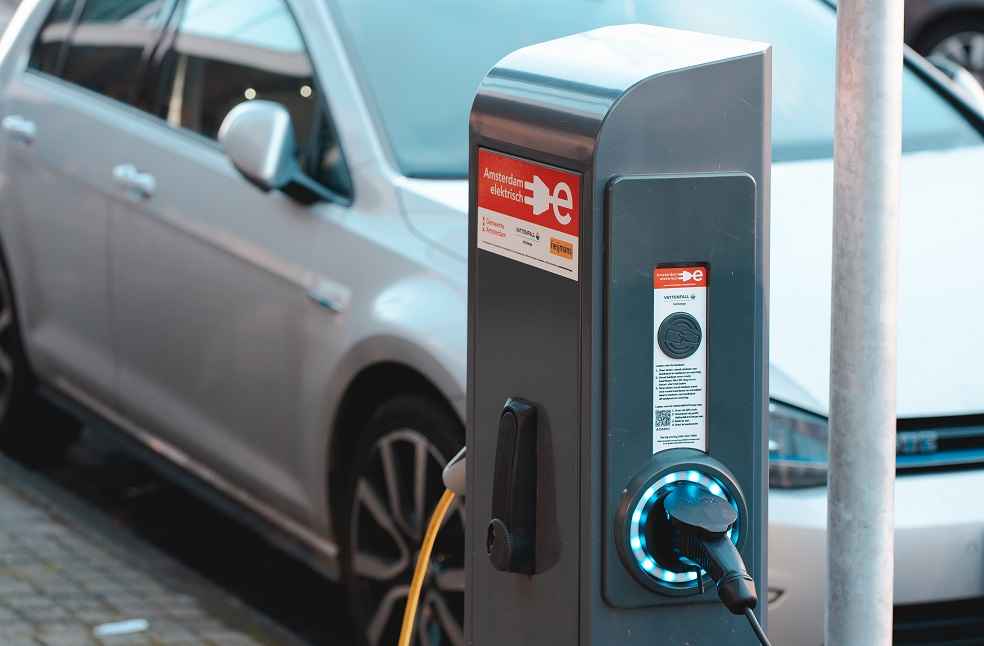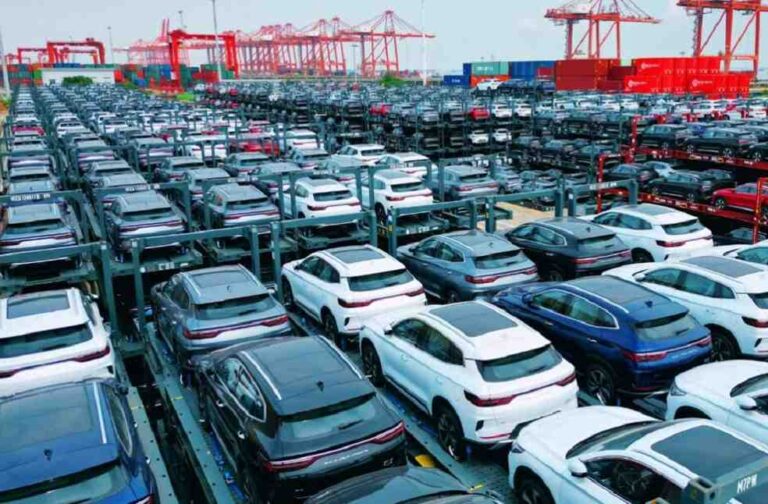China is on the brink of surpassing Japan to become the world’s largest exporter of automobiles in 2023, primarily driven by the burgeoning electric vehicle (EV) market and unique auto export demand from Russia. This expected ascendancy marks a significant realignment in international auto trade dynamics.
Data from the China Association of Automobile Manufacturers reveal China’s impressive export tally of 3.92 million vehicles within the year’s first ten months, surpassing Japan’s export figure of 3.59 million. Notably, November saw China exporting an extraordinary 480,000 vehicles.
Electric Vehicles Spearheading Growth:
Electric models spearhead China’s export growth, with approximately 1 million electric vehicles shipped in the initial 11 months of 2023. These figures account for a quarter of China’s total vehicle exports and indicate a 90% surge from the previous year.

Russian Market’s Role:
Sanctions-induced market gaps in Russia, vacated by Japanese, U.S., and European manufacturers, have been adeptly filled by Chinese automakers. From January to October, China’s exports to Russia rocketed to 750,000 vehicles, a drastic increase from last year’s 160,000 units.
Japanese Automakers’ Dilemma:
Japanese manufacturers, once dominant in Southeast Asia and pioneers in gas-electric hybrid technology, now grapple with the aggressive expansion of Chinese EV manufacturers. This competition extends beyond exports to the establishment of production facilities by Chinese firms in Europe and Southeast Asia.
Electric Vehicle Market Dynamics:
The rise in electric vehicle sales is reshaping market dynamics, particularly in Southeast Asia. For instance, Thailand, where electric models constitute around 10% of new vehicles sold, is becoming a stronghold for Chinese-made electric and hybrid vehicles. The burgeoning Chinese EV market has already impacted the sales and profits of Japanese companies.

Industry Expert Views:
Tang Jin from Mizuho Bank, specializing in the Chinese auto market, suggests that Japanese automakers in Southeast Asia might face challenges similar to those in China. Marcus Berret, an auto industry specialist at Roland Berger, estimates that electric vehicles could represent 45 to 50 percent of global new vehicle sales by 2030, urging Japanese firms to rapidly adapt to these market shifts.
Future Outlook:
This trend highlights the dynamic evolution within the global automobile sector, with electric vehicles emerging as a focal point. China’s ascent as a leading auto exporter signals a critical shift in the industry’s technological and geographic epicenters, presenting both strategic challenges and opportunities for existing and emerging market players.
DON’T MISS | 2023 WNEVC Highlight: China-Germany Lead in Global NEV Market Expansion





